Jefferson it could be argued started it,but Jackson came on strong later and Lincoln actually beat them with the debt free/interest free Greenbacks of the Civil War.
Thomas JeffersonI believe that banking institutions are more dangerous to our liberties than standing armies. If the American people ever allow private banks to control the issue of their currency, first by inflation, then by deflation, the banks and corporations that will grow up around [the banks] will deprive the people of all property until their children wake-up homeless on the continent their fathers conquered. The issuing power should be taken from the banks and restored to the people, to whom it properly belongs.
3rd president of US (1743 - 1826)


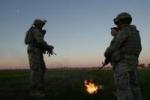


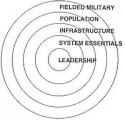
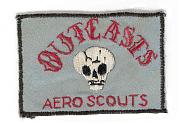

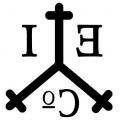
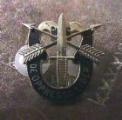



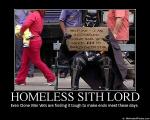
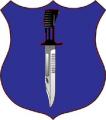


Bookmarks